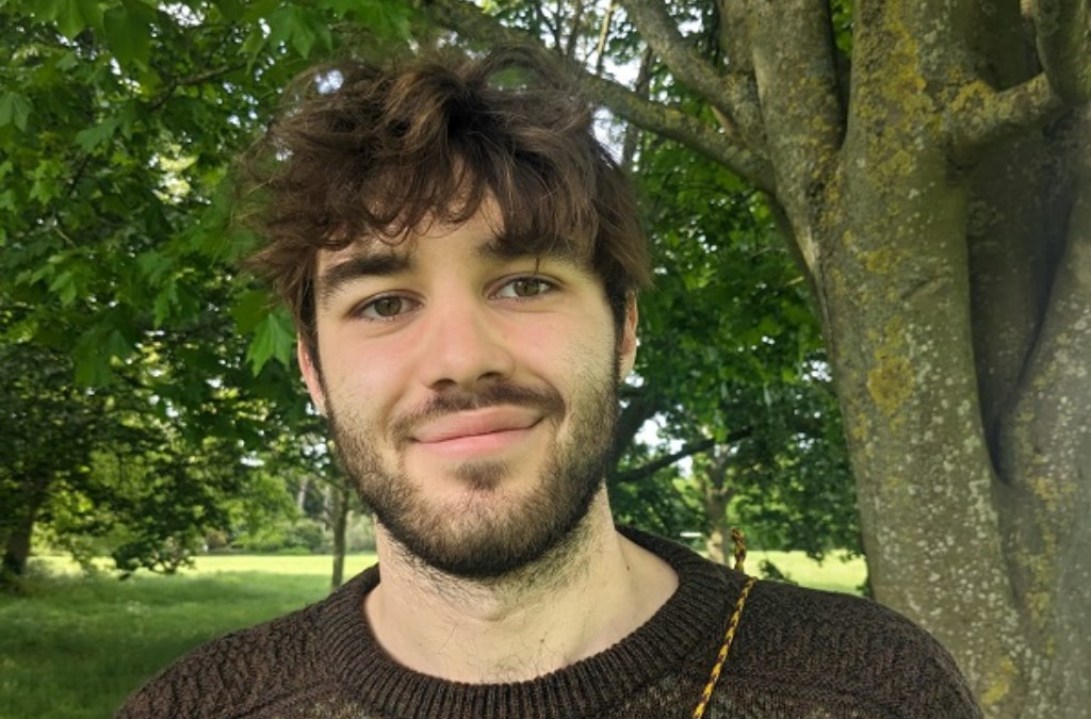
Master's Student (MBiol)
Matthew Hodson
PROFILE
I am an MBiol student (as per 2024) working on empirical assessment of wild animal welfare. This project, for me, acts as the culmination of a variety of lifetime interests such as history, philosophy, maths and English literature, which I have always tried to balance with my obvious adoration for the natural world. In doing so, I find that I am able to consider problems in biology from different angles and, in a world ever more dependent on interdisciplinary conversation and understanding in order to solve its many problems, I have found this skill invaluable.
My journey towards conservation biology began with a conservation focused volunteering trip to Soysambu conservancy (Kenya), where I assisted a group of researchers attempting to conserve the endangered Rothschild Giraffe. As my first foray into the world of conservation biology proper, this project showed me that we really could make a practical impact and help these animals, inspiring me to further focus on my love for biology (such as completing a fascinating Extended Project Qualification on the feasibility and ethical nuance of de-extinction science) and eventually leading me to the University of Oxford to study it as a degree!
Here, I have been the recipient of many amazing opportunities, such as a two week field trip to Danum Valley Conservation Area, which have served only to further my excitement at the prospect of continuing on to further work after my MBiol project. For this project, I will be working with captive mink, exposing them to otter scent and measuring their stress levels through both physiological and behavioural metrics. This will help to inform a wider ongoing study by my supervisor, Dr Lauren Harrington, and others around natural variation in stress levels in the wild. Wild animal welfare has for too long been a traditionally understudied area of research, and as anthropogenic impacts propagate and increase in their capacity to impact ecosystems globally, there has never been a more important time to study it; to fulfil our ethical imperative of care for the individuals of affected species, and to ensure that our efforts to conserve them are effective and not debilitated by the detrimental impacts of negative affective states.